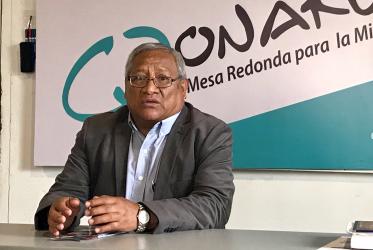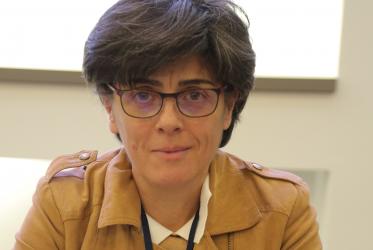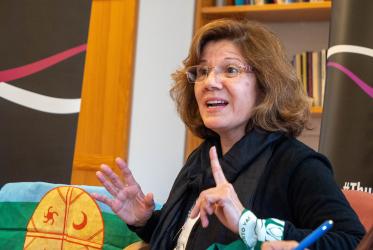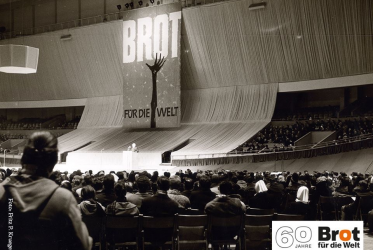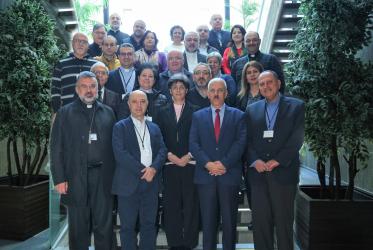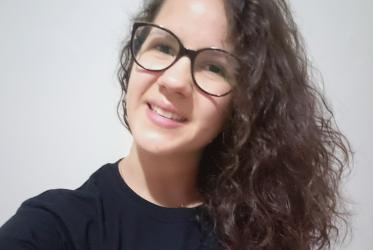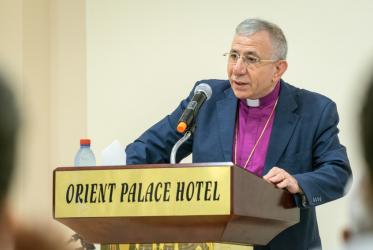Displaying 81 - 100 of 311
27 November 2020
Brazilian churches call for transformative racial justice
23 November 2020
WCC expresses solidarity with Peruvian people amid political crisis
20 November 2020
Hope prevails in times of crisis in Lebanon
14 September 2020
New student body at Bossey Ecumenical Institute “a source of joy”
14 September 2020
“Women must keep resisting,” urges Chilean theologian
10 March 2020
WCC publishes two new Bible studies penned by authors from Colombia
24 February 2020
Larissa Aguiar Garcia: "We're opening a safe space”
26 September 2019
Bishop Younan receives Catholic peace award
26 September 2019
Dr Saïd Ailabouni: God is on the side of rejected, oppressed, occupied
12 September 2019



